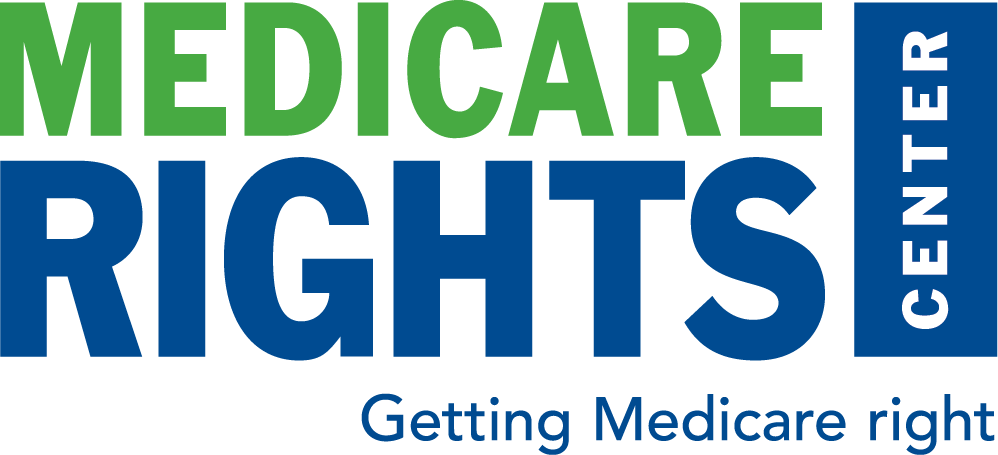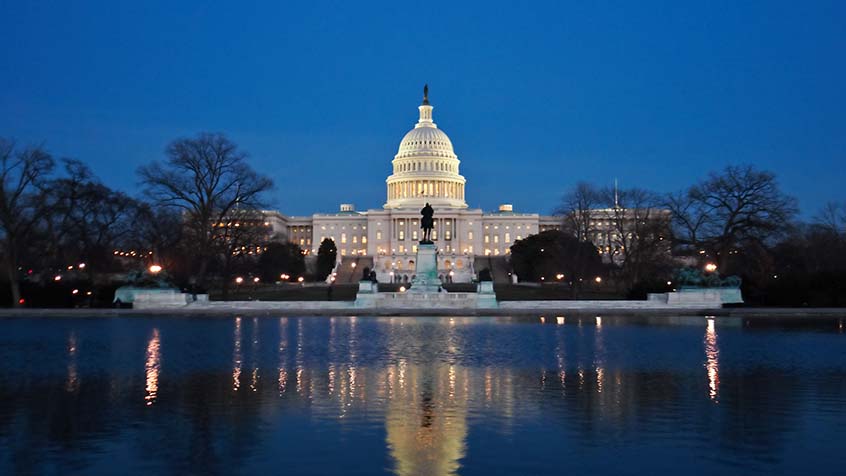
House Committee Approves Sense of Congress Resolution to Reduce Prescription Drug Costs
This week, Congresswoman Jan Schakowsky led an amendment “Sense of Congress” resolution identifying the cost of prescription drugs as a national problem and calling on the U.S. Secretary of Health and Human Services to engage with the House of Representatives and the Senate to take administrative actions and enact legislative changes to lower the cost of prescription drugs for consumers and reduce the burden of that cost on taxpayers in a way that will balance the need to encourage innovation with the need to increase affordability. The sense-of-Congress amendment was successfully adopted during a hearing of the House Committee on Energy & Commerce marking up pending, bipartisan legislation earlier this week.









